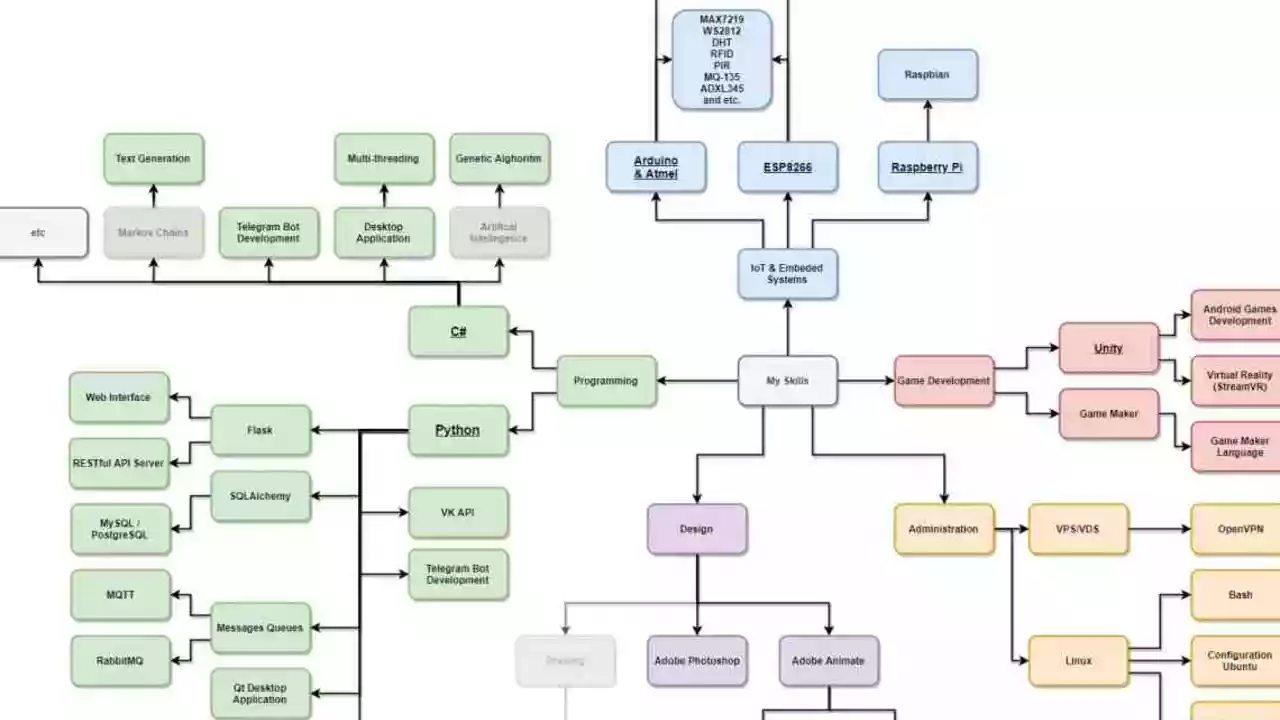Why do I need to know math to be a game programmer?

Jul, 31 2023
Math: The Invisible Framework of Game Programming
Let me paint you a visual, imagine a mighty skyscraper, soaring skyward with all its radiant splendor. That skyscraper? That's your game. But it doesn't stand alone. It's built on a foundation, a sturdy, invisible framework that holds it upright. In case you haven't caught onto my metaphor yet, that skyscraper is your game programming endeavor, and the invisible framework? Well, that's mathematics.
From algorithms to geometric transformations, math is intricately woven into every aspect of game programming. Contrary to the popular notion that these two fields are distinct, they are, in fact, two peas in the same pod. You might be groaning at this point, but hear me out. Yes, math can seem like a brain-melting nightmare, a merciless monster bent on crushing your dreams of becoming a game developer. But look at the bigger picture. It’s not the monster; it's the friend giving you the tools to slay the real beast - mediocrity. And as the Dragonborn in Skyrim would tell you, every weapon helps.
Math: The Binary Magic Wand
The binary realm is where you, the game developer, wield your magic wand, shaping zeros and ones into realms of adventures, epic quests, and more. But your wand requires specific instructions, specific enchantments to weave the magic you seek. These enchantments aren't cryptic Latin phrases, nor are they mystical signs drawn in stardust. They are, quite mundanely, mathematical in nature. Using numbers, you can conjure buildings, animate characters, and breathe life into your game world.
While you're at it, you'll become good friends with numbers, operations, and even some equations. Trust me, math is a much better companion in the binary realm than Voldemort. The better you understand math, the more effective your magic wand becomes, helping you turn those sleepless nights and caffeine-induced brainstorming sessions into a reality.
Navigating the Geometric Galaxy
If you are harbouring an ambition to develop a game that will take players on an unforgettable journey across galaxies, brace yourself for some serious geometry. It is your star map in this massive universe of game development. Geometric transformations provide the basis for moving and rotating objects, characters, and entire landscapes in the game world.
For example, take my kid Lorelei's favorite game - Minecraft. In this block-building, survival game, she can create blocks of materials, craft tools, and manipulate those blocks in various ways to build and explore vast, blocky landscapes. What does she think is behind it? Maybe magic, or divine intervention. But no, it's Math! Specifically, matrices used to create and manipulate 3D perception in a 2D screen. Knowing which end of the Pythagorean theorem is up can support in achieving these brilliant realities!
The Algorithm Armor
Let's stick with the fantasy analogy for a while longer. Algorithms are the knight in shining armor in your game development story. They are your soldiers, carrying out the tasks you assign to them. Paths need plotting? Algorithms. Player's score needs calculating? Algorithms. That all-important loot drop after the boss fight? You guessed it, algorithms.
Your game isn’t going to have a storyline that pushes the player through levels in a coherent and engaging manner unless you've mastered algorithms. Enemies in games need to know where the player is, pivot to chase or evade, and that's all obtained using algorithms. They are the structure that supports the fun, flashy visual components of your game.
The Probability Potion
No game is fun if everything's predictable, which leads us to your next tool, the potion of probability. Probability functions in random generation, loot drop frequency, and artificial intelligence response. It spins the chaotic, unpredictable world we love in games.
Recall playing any strategy game, say, Risk? Even digital versions are hinged on rolls of dice that determine the outcome of your invasion attempt—those rolls? They are the product of probability. Math, as you can see, creates a ripple of excitement in games. Without it, you might as well be playing tic-tac-toe over and over again.
Physics: The Behind-the-Scenes Star
Finally, let's talk physics: the behind-the-scenes star that props up all the elements in your game world. The team behind Angry Birds would have relied on equations related to projectile motion and parabolas to make those birds fly and the structures collapse. Until you wrestle with physics, give it a high-five, your games might as well stay grounded, or should I say, on Pong's level?
If your game is going to have any semblance of reality, you will need to understand physics and its language: Math. So, next time when players gush over the realism of a game, remember, it's not just the stunning graphics they're praising, but the physics and math behind it.
In conclusion, to survive in the binary realm of game programming, befriend Math. It's not your enemy, but a ticket to create wondrous adventures. Whether it’s the algorithmic warriors, the geometry starmap, or the probability potions, Math is the wind beneath your game’s wings. So, grab that textbook, get serious about numbers, and may the Math be with you!